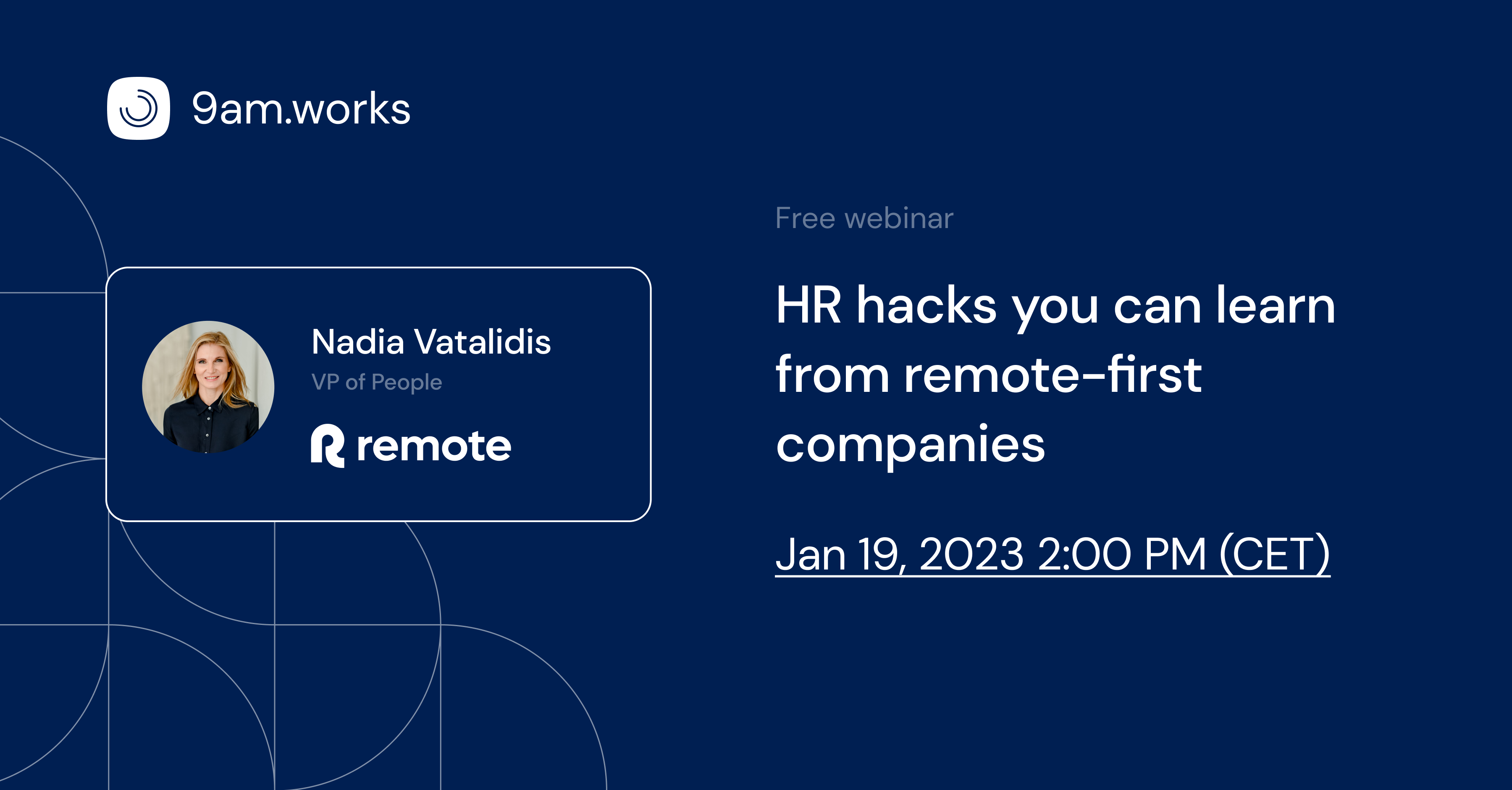When working with freelancers, many companies in Germany fear legal consequences due to false self-employment. This means that a freelancer is self-employed on paper, but in practice is treated like an employee. The consequences can range from additional payments for social security contributions and taxes to fines and even imprisonment. More information can be found in our article "What is False Self-Employment? Definition and Tips". We explain how clients can keep the risk of false self-employment as low as possible.
1. Hire freelancers on a project basis
Ideally, freelancers should have a precisely defined project for which they are hired, for example, the programming of a website. Unlike salaried employees, they should not take on tasks that are not connected to the project, and they should not fill in for salaried employees. Moreover, they should not attend meetings that have nothing to do with their project, but are meant to provide general information to employees, for example.
Of course, it is also possible to hire freelancers on a permanent basis without them immediately becoming false self-employed. In this case, however, it is particularly important that the tasks are clearly defined and not gradually expanded over time.
2. Keep integration into the organisation to a minimum
The more independently the freelancers work, the better. This includes, for example:
- They use their own equipment.
- They don’t work on the company's premises, or only occasionally.
- They are free to arrange their own hours and are not bound to (core) working hours.
- They don’t have to call in sick.
- They don’t have to request leave or coordinate their absences with the team's leave.
- They only have access to internal materials when they are necessary for their work.
- They don’t have a company email address. If absolutely necessary, it includes a reference to their external status.
Of course, it is fine if freelancers inform the company in advance about their absences, for example, or drop by the office from time to time for better coordination. What is important here is that they are not treated like employees, and are incorporated as little as possible.
Therefore, they should also not work as part of a team together with employees and share tasks with them. Instead, they should work independently on the tasks or be part of a team of freelancers. (The latter is a good option, especially in IT, to be able to work in an agile manner while using freelancers).
3. Don’t give instructions
Freelancers should be able to provide their services autonomously. The instructions should therefore be kept to a minimum. Of course, a briefing or the setting of deadlines is no problem, but there should be no micromanagement. Furthermore, no additional tasks should be assigned spontaneously, as might be the case with an employee, and certainly not with short deadlines.
Dependency on instructions is an important criterion for false self-employment because it indicates that the freelancer is treated similarly to an employee. It should be avoided in all areas, including, for example, the working hours already mentioned.
4. Draft the contract correctly and implement it
The contract is the basis for the collaboration. Therefore, it should be drafted in such a way that it emphasizes the freelancer's independence. This includes, for example, that freelancers may work for other clients without permission, are free to choose their place of work, are not bound by working hours, and can hire other people to perform their services without having to get permission.
However, it is important that the practice then corresponds to the contract, because the actual collaboration with the freelancer is decisive for the assessment of a false self-employment by the authorities.
In our e-learning, we give some helpful advice on how to avoid false self-employment:
Good to know: With the 9am Compliance Hub, companies receive comprehensive support to avoid false self-employment, for example with a false self-employment check, an e-learning on the topic and compliant contract templates for hiring freelancers.





